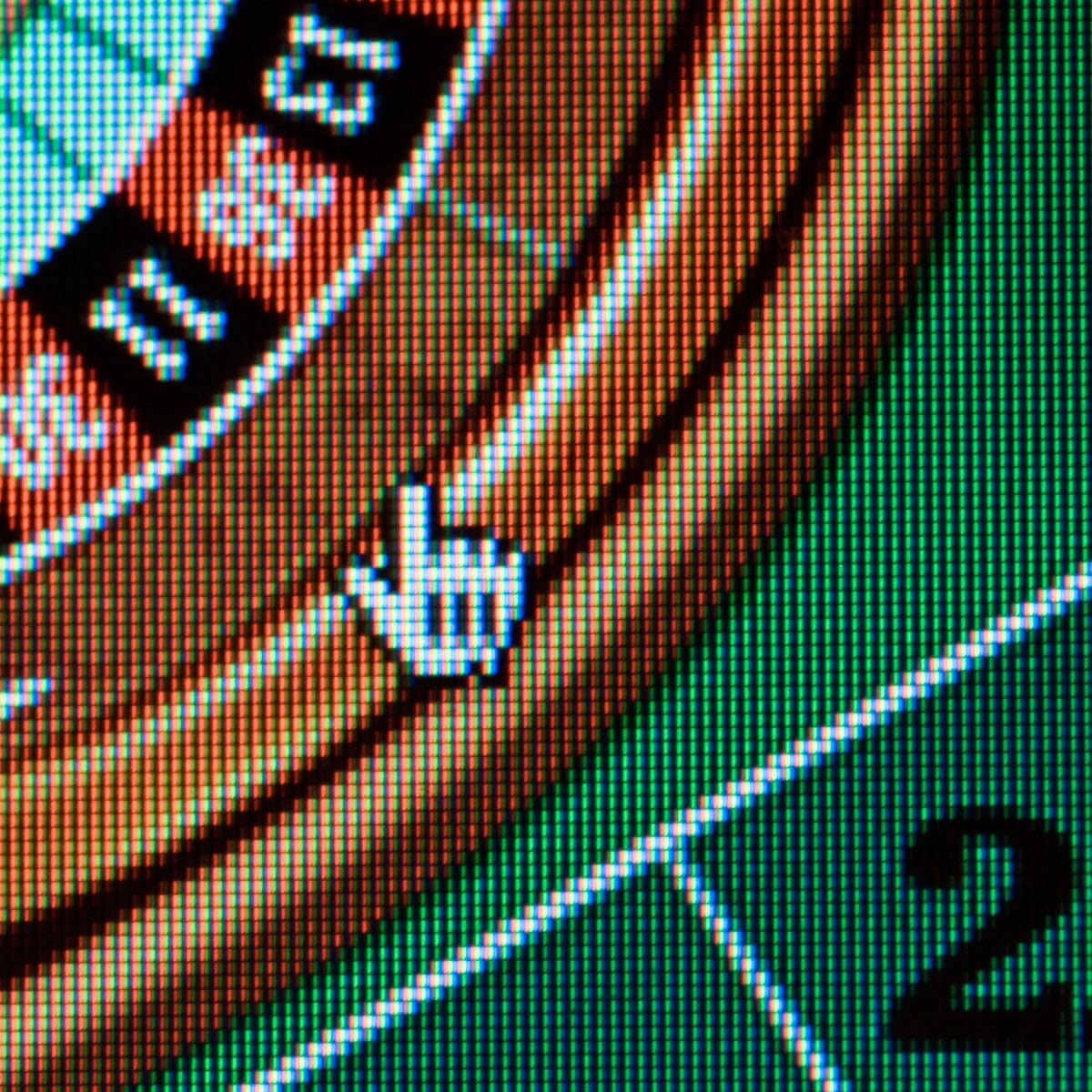Gambling Taxes Uk
Online betting companies based in offshore havens to sidestep Britain's gambling taxes will be hit with a new levy that may raise £300m for the taxpayer.
- Online Gambling Taxes Uk
- Gambling Taxes In Iowa
- Gambling Taxes Rules
- Gambling Taxes In Ohio
- Gambling Taxes Nevada
Who Pays Gambling Taxes in the UK? Instead of going after gamblers, the UK government has adopted a much simpler solution. All casinos pay a 15% tax on their profits, in addition to the standard income tax. In 2018, this tax brought £2.9 billion to Her Majesty’s Revenue and Customs, the government’s department in charge of collecting taxes. New 21% Point Of Consumption Tax For Remote Gambling in 2019 The UK chancellor, Philip Hammond, announced in his budget in 2018 that the a higher rate 21% point of consumption tax will now be imposed for online gambling on 'games of chance', up from 15%.
The Government is to impose a 15% tax rate on operators in the £2bn remote gambling market.
The rules state that from December 2014 gambling must be taxed according to where customers are based rather than where the online operator is registered.
'It is unacceptable that gambling companies can avoid UK taxes by moving offshore, and the Government is taking decisive action to ensure this can no longer happen,' Economic Secretary to the Treasury Sajid Javid said.


'These reforms will ensure that remote gambling operators who have UK customers make a fair contribution to the public finances.'
The shift will affect some of the industry's largest players.
Ladbrokes, Bwin.party, William Hill and Betfair all have online operations based in Gibraltar, where taxes are levied at 1% and capped at £425,000.
More from Business
The proposed 15% rate, which the Government said will be confirmed in its Budget statement next March, would mean that offshore operators are taxed at the same level as domestic internet betting companies.
Officials estimates that the new rules will bring in £300m a year in additional tax revenue.
Plans to bring offshore gaming companies under the UK tax system were outlined in the 2012 Budget, but the industry had been waiting for the detail - most crucially the rate at which they will be taxed.
William Hill, which has the largest share of the UK's remote gambling market, has previously suggested that it could challenge the changes on the grounds that they breach European Union competition law.
The Gambling Commission said that the estimated worldwide remote gross gambling yield (GGY) - excluding telephone betting - was £21.08bn during 2012, up 5% on the previous year.
It said the UK consumer GGY generated with operators regulated overseas, which includes telephone betting, is estimated to have grown approximately 1% between 2011 and 2012.
The commission said remote GGY for operators licensed in Great Britain accounts for approximately 4% of the global total.
Whether you gamble no more than a few quid per year or are an internationally known poker player, the United Kingdom is a great place to call home. Not only is gambling completely legal and fully regulated in the UK, but you’ll be able to keep whatever you win. Although it might seem hard to fathom, gambling winnings are tax free for players in Scotland, Wales, Northern Ireland, and England. As you might expect, HM Revenue and Customs have no reason to cry poor, as they claim a sizable share by levying duties on gambling operators. Keep reading to learn all about the tax situation in Britain.

Is Gambling Taxable In The UK?
No, gambling is tax free in the UK. While players in some countries such as the USA, France, and Macau have to deal with gambling taxes between 1% and 25%, bettors in the United Kingdom have the privilege of keeping the entirety of their winnings. As a matter of fact, both online and offline gamblers in Britain don’t have to waste their time thinking about taxes. If you’ve been gambling for a while, you might recall dealing with betting duties years ago, except Gordon Brown, who was Chancellor of the Exchequer at the time, scrapped that tax in 2001. Thanks to the sudden rise and perceived threat of offshore betting earlier this century, the government was effectively forced to enact several changes. Yet this move was just one of many important developments. The government also passed the Gambling Act 2005, established the UK Gambling Commission, and started regulating online casinos.
If you live in England, Scotland, Wales, or Northern Ireland, your gambling winnings are tax free whether you play live or on the internet.
Online Gambling Taxes Uk

Did you know the UK government makes a virtual killing from gambling? In the 2017-18 fiscal year alone, Her Majesty’s Revenue and Customs raked in £2.9-billion in gaming-related duty. Although that figure includes lotteries, betting, and live as well as remote gaming, that’s an astronomical amount. A great deal of that revenue comes from the 15% tax levy gambling operators must pay. While you don’t have to worry about paying taxes when you win or lose, the government does tax betting shops, poker rooms, casinos, and other related establishments on their profits. Even though players don’t pay these fees directly, in many ways they are built into the odds. Nonetheless, it’s nice that you can concentrate on playing your favourite games instead of dealing with complicated tax forms.
- UK players do not pay taxes on their gambling winnings.
- The previous betting duty was abolished in 2001.
- Gambling sites now pay a 15% levy on their earnings.
- The government netted £2.9 billion in gambling duties during 2017/18.
- HMRC draws no distinction between pro and amateur players.
- If you gamble outside of Britain you may need to deal with foreign tax laws.
- The current tax code applies to online and offline betting.
Placing Your Bets Offshore
If you’ve gambled online, you’ve likely noticed that the industry continues to evolve. That’s true whether we are talking about the quality of the games, technological aspects like mobile betting, or regulatory and tax issues. As you might know, many of the sites that operate in the United Kingdom are based offshore. Some of these offshore operations were originally based in Britain, but quickly realised they could reduce their tax burden by locating their servers elsewhere and incorporating in a tax-free jurisdiction.
In order to counteract these moves, the UK Gambling Commission now requires all sites that welcome British customers to be fully licensed, whether they are physically based in Britain or elsewhere. In addition, these sites must also pay the same 15% tax as their British counterparts. Of course, as a player you won’t have to deal with these taxes. Nevertheless, a level playing field reduces the odds of the government making changes that negatively impact bettors.
Gambling Taxes In Iowa
Are Professional Gamblers Taxed On Their Winnings?
No - HM Revenue and Customs do not make a distinction between casual and professional players. Even if this may be subject to change in the future, at the present time gambling isn’t a recognised trade.
If you are a professional poker player, chances are you’ve already consulted with an accountant. Even so, there are a couple of points to consider. If you play outside of Britain, you may have to deal with local taxes. For example, if you win money in Las Vegas you could be subject to a federal withholding tax, although you can often apply for a refund as a non-resident. Also, if you become a poker celebrity and get paid for public appearances or representing an online cardroom, you could be subject to taxes but not on your winnings.
Keeping Records of Your Play
Although you don’t need to declare your gambling income on your tax return in the United Kingdom, successful poker players and other professional bettors often maintain personal records of their wins and losses. While this might seem like a waste of time since your winnings are tax free, there are a couple of benefits to keeping some sort of performance log.
It’s always smart to know how much you actually spend and win while gambling. Don’t you want to know how much profit you’ve made after you factor in your losses and other expenses like travel, meals, and lodging? If gambling is your sole source of income, you could end up raising several red flags if you drive to the shops in an Aston Martin. Having gambling records will be ample proof that you aren’t hiding income from taxable sources.
Frequently Asked Questions About Gambling Taxation in the UK
How much are gambling winnings taxed?
Gambling winnings are not currently taxed in the United Kingdom. Instead, casinos and other betting sites pay taxes on their profits. Remote gaming operators currently pay a 15% duty. Unless you plan on operating a casino, this will be of little concern to you.
Is gambling income taxable?
If you are a resident of the United Kingdom, your gambling income won’t be taxed. Unlike other countries such as the USA, you’ll be free to keep whatever you win in Britain even if you are a professional poker player. At the same time, you can’t deduct any losses you might accrue.
How much money do you have to win at a casino to pay taxes?
It doesn’t matter if you win £20 playing fruit machines or £2-million in a poker tournament. Your winnings will be tax free if you live in Britain.
Are blackjack winnings taxed?
No - If you live in the United Kingdom, you won’t need to pay taxes on any money you win playing blackjack.
Are gambling winnings taxed in Scotland?
Gambling Taxes Rules
No - Scottish players can win big without worry about taxes. If you live or gamble in Scotland, you can keep whatever you win.
Will my winnings be taxed if I live in Northern Ireland?
Gambling Taxes In Ohio
No - You won’t need to pay taxes on your gambling winning if you are a resident of Northern Ireland.
Do I have to pay tax on gambling in England?
No - As a player, you are not required to pay tax on gambling winnings in England. The government does generate sizable revenue from betting, as casinos, bookmakers, and other licensed gambling operators do pay taxes on their profits.
Are gambling winnings taxed in Wales?
Gambling Taxes Nevada
No - Gambling winnings aren’t taxed in Wales. You’ll be able to keep whatever you win whether you bet online or at a local venue.